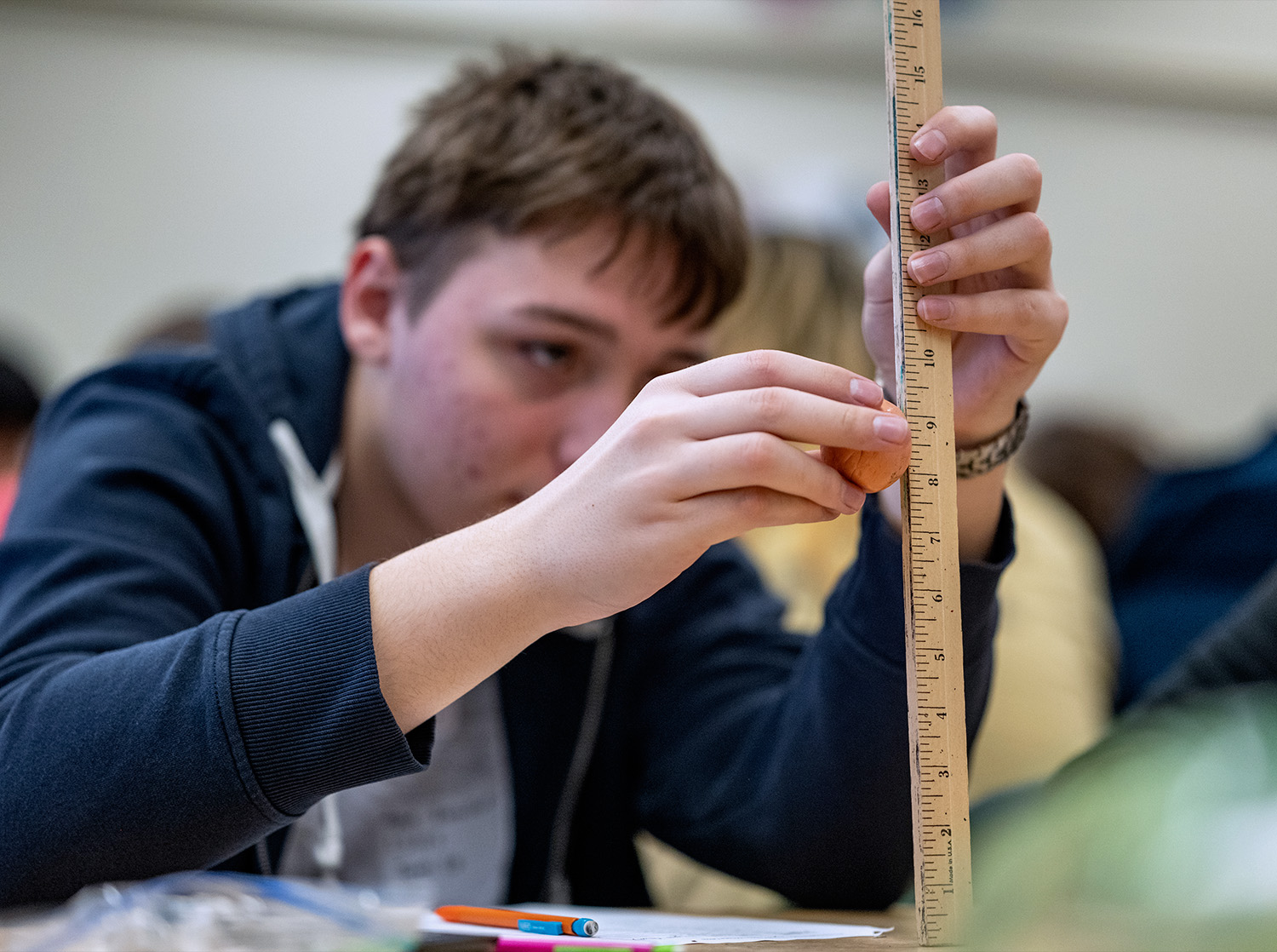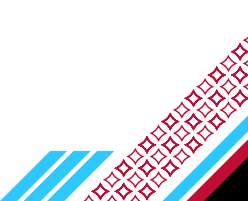Student Resources
We're committed to providing you with an exceptional educational experience. We've compiled a list of resources to help you make the most of your math education at UWRF. Explore this page to learn about our clubs, undergraduate research, scholarships and more.

Student Involvement
Enhance your mathematical journey by getting involved in our vibrant community. Discover how student involvement can enrich your learning experience and help you build valuable connections.
Competitions
Falcons gain mathematical experience through international competitions.
- Teams of students compete in the COMAP sponsored Mathematical Modeling Contest, using mathematics to solve real-world problems. For more information, email kathy.tomlinson@uwrf.edu.
Student Organizations
UWRF students participate in local and national mathematical organizations.
- Mathematical Association of America (MAA): An organization which provides information on mathematical science careers, inexpensive access to undergraduate mathematics journals and social interaction with other mathematics students. For more information, email laurel.langford@uwrf.edu.
- National Council of Teachers of Mathematics (NCTM): UWRF student memberships offer opportunities to attend conferences in mathematics teaching and inexpensive professional journals. For more information, erick.b.hofacker@uwrf.edu.
Scholarships
- Mary McMillan Burt Scholarship: Awarded to a mathematics major who will be a junior during the year of the award, on the basis of overall scholastic achievement and mathematical promise.
- Craig Emerson Mathematics Scholarship: Must be a sophomore, junior or senior undergraduate mathematics major with a cumulative GPA of 3.0 or higher. Must have demonstrated financial need and plan to continue his/her education at UW-River Falls. First preference will be given to a graduate of Boyceville High School. Secondary preference will be given to residents of Dunn County.
- Carmen Evenson Scholarship: One award per year. Awarded to a student who graduated from Goodhue, Chetek or Cameron High School. Student must have attained sophomore, junior or senior status and have a minimum GPA of 3.0 in the major field of study. Preference given, but not limited to, students majoring in mathematics, physics, chemistry or any science area.
- Steven Walter Johnson Math Education Scholarship: This scholarship supports students with a math education major. Must have a minimum cumulative GPA of 2.5.
- Mary Junkman Lorenzen and Glenn Junkman Memorial Scholarship: Awarded to a University of Wisconsin-River Falls student majoring in mathematics.
- Bruce and Jeanine Williamson Math Endowed Scholarship: This scholarship supports a sophomore, junior or senior standing student with a major in mathematics. Student must have a minimum 3.0 cumulative GPA.
- Reverend Dr. Robert A. and Pauline L. Olson-Koenig Scholarship: Awarded to a student with a mathematics major planning to teach mathematics.
Undergraduate Research
The Mathematics Department at UWRF provides an exceptional range of opportunities for students to work closely with professors on research and advanced mathematical study.
- Field trips to mathematics conferences are scheduled several times each year. Students can attend to exchange research results with students and professors from other universities through discussion and formal presentations.
- Senior seminar projects provide students with valuable experiences in problem solving, research, writing reports, and making presentations.
- Advanced statistical study helps prepare students for work in actuarial science and related fields.
- Independent study can be arranged with professors to explore mathematical topics beyond those in the standard curriculum.
Program Assessment
Our rigorous program assessment ensures continuous improvement and the highest quality education in mathematics.
Student Learning Outcomes
When students complete either the liberal arts mathematics liberal arts major or the mathematics secondary education major they'll be able to:
- Apply fundamental concepts of algebra, calculus and discrete mathematics to solve mathematical problems.
- Use mathematics from multiple areas to solve a mathematical problem.
- Read and interpret mathematical essays and valid mathematical proofs.
- Present mathematical ideas clearly both orally and in writing.
- Utilize technology appropriately in solving mathematical problems.
- Demonstrate a depth of knowledge in one area of mathematics.
Where Outcomes Are Being Achieved
| Outcomes | 1 | 2 | 3 | 4 | 5 | 6 |
|---|---|---|---|---|---|---|
| Math 166 Calculus I | I | I | I | I | ||
| Math 167 Calculus II | E | I | E | R | I | |
| Math 266 Calculus III | E | E | I | E | R | R |
| Math 236 Discrete Mathematics | E | I | I | R | I | I |
| Math 256 Linear Algebra | E | I | R | R | I | |
| Math 205, CSIS 162, or Math 480 Computer Science | E | E | I |
I=Introduced
E=Emphasized
R=Reinforced
Assessment Tools used to Measure Outcomes
Mathematics Liberal Arts Program
- Core course assessment done by eight questions given on exams in the MATH 266 course (Calculus III.)
- Talk presented as part of the senior seminar.
- Paper written as part of the senior seminar.
- Survey of students in the senior seminar.
Mathematics Secondary Education Program
- Core course assessment done by eight questions given on exams in the MATH 266 course (Calculus III.)
- Praxis II Mathematics Content Test.
- Portfolio created as part of techniques course.
- Survey of students in the techniques course with student evaluations of teacher education preparation provided by CEBAH.
Related Links:

